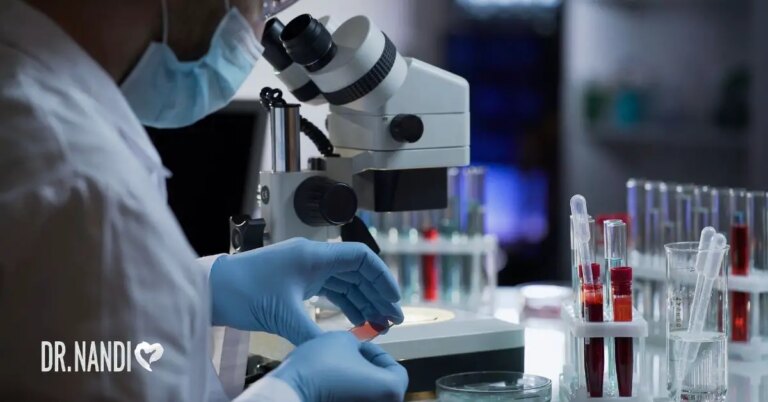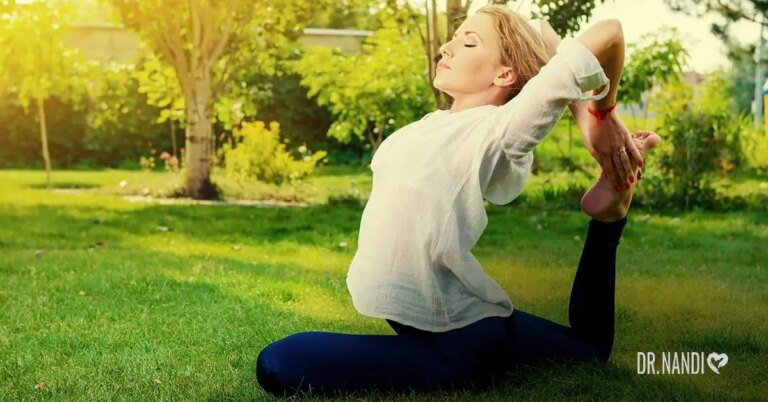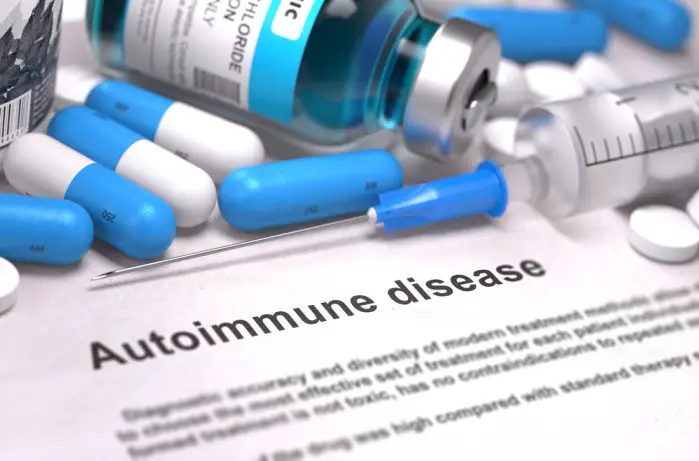Fine lines, wrinkles, and age spots often feel like inevitable signs of aging—but science shows that your skin’s resilience is deeply connected to the nutrients you consume. Antioxidants such as selenium, vitamin E, and vitamin C fight oxidative stress, one of the biggest drivers of skin aging. When your diet lacks these protective compounds, the damage shows up on your skin in the form of dullness, discoloration, and premature aging.
Understanding Oxidative Stress and Skin Aging
Every day, your skin is bombarded by free radicals—unstable molecules produced by normal metabolism, sun exposure, pollution, and smoking. Left unchecked, they damage DNA, proteins, and lipids. This accelerates the breakdown of collagen and elastin, leading to wrinkles, sagging, and uneven pigmentation.
One visible result is age spots (also known as sunspots or liver spots). These flat, darkened patches develop when UV exposure triggers excess melanin production. They often appear on sun-exposed areas such as the face, hands, and shoulders. While harmless, they are a clear marker of cumulative sun damage. Wrinkles and sagging develop in parallel, reflecting oxidative breakdown of structural proteins.
Although cosmetic treatments can fade age spots or soften wrinkles, prevention begins inside the body. Antioxidants are your defense system. They neutralize free radicals before lasting harm is done, protecting skin cells and helping preserve a youthful appearance. While topical antioxidants can help somewhat, research shows that dietary intake of selenium, vitamin E, and vitamin C is more reliable in building long-term protection.

Selenium: The Trace Mineral With Skin-Protective Benefits
Selenium is an essential trace mineral—your body only needs it in tiny amounts, yet the payoff for skin health is enormous. It activates a family of enzymes called selenoproteins that act like the body’s natural defense team, neutralizing harmful free radicals before they damage cells.
How selenium supports youthful skin:
- UV protection: Selenium stimulates enzymes like glutathione peroxidase that reduce oxidative stress caused by sunlight, lowering your risk of sun-induced wrinkles and age spots.
- Preserved elasticity: By slowing down the stiffening of collagen and elastin fibers, selenium helps keep skin supple and firm.
- Cellular cleanup: Selenium helps remove misfolded proteins—damaged proteins that accumulate with age and contribute to aging-related diseases.
- Longevity link: Higher selenium levels are associated with longer telomeres, the protective caps on your DNA that shorten with age. Longer telomeres suggest healthier, more resilient cells.
Food sources: Brazil nuts are the richest natural source, but you’ll also find selenium in seafood (tuna, sardines, halibut), eggs, beef, whole grains, and legumes.
Vitamin E: The Membrane Protector
Vitamin E is a fat-soluble antioxidant that embeds itself in cell membranes, acting as a shield against free radical damage. This makes it especially important for skin, which is constantly exposed to environmental stressors like UV radiation and pollution.
How vitamin E benefits the skin:
- Reduces UV-induced photodamage: Regular intake of vitamin E helps neutralize free radicals generated by sun exposure, preventing DNA and collagen breakdown.
- Improves texture and elasticity: Studies show vitamin E supplementation can reduce wrinkle depth and improve overall skin smoothness.
- Partners with vitamin C: Vitamin E works best in tandem with vitamin C, which regenerates oxidized vitamin E molecules and restores their antioxidant function.
- Cancer protection potential: Some studies suggest vitamin E may help reduce the formation of abnormal cells triggered by UV damage.
Food sources: Sunflower seeds, almonds, hazelnuts, oats, vegetable oils, and dairy products are all excellent sources of vitamin E.
Vitamin C: The Collagen Builder
Vitamin C is water-soluble and found in high concentrations in the skin, particularly in the dermis and epidermis. Beyond its role as an antioxidant, vitamin C is essential for the production of collagen—the protein responsible for skin’s structure, firmness, and elasticity.
How vitamin C benefits the skin:
- Supports collagen synthesis: Without vitamin C, collagen fibers cannot form properly, leading to weakened skin structure and increased wrinkling.
- Neutralizes environmental stress: UV rays and pollution can deplete vitamin C levels in the skin. Replenishing it through diet helps maintain resilience.
- Helps prevent pigmentation: Vitamin C interferes with melanin production, reducing the likelihood of age spots and uneven skin tone.
- Enhances healing: It accelerates wound repair and may reduce scarring by supporting new collagen formation.
Food sources: Citrus fruits (oranges, lemons, grapefruits), bell peppers, broccoli, strawberries, and leafy greens are all packed with vitamin C.

Antioxidants vs. Topical Skincare
Many people reach for creams and serums claiming to be packed with antioxidants, but research shows that most topical products don’t contain high enough concentrations to penetrate deeply into the skin. Even when applied, antioxidants like vitamin C and E degrade quickly when exposed to air and light, limiting their effectiveness.
By contrast, consuming antioxidants through food ensures they are absorbed, circulated in the bloodstream, and delivered directly to skin cells where oxidative stress begins. That doesn’t mean topical antioxidants are useless—they can provide short-term protection and complement sunblock—but the strongest shield against aging skin comes from nourishing your body with antioxidant-rich foods daily.
My Personal RX on Feeding Your Skin From Within
Topical creams can only do so much. The real power to slow down skin aging comes from what you eat, how you care for your gut, and the lifestyle choices you make daily.
Here are my 10 prescriptions for healthier, younger-looking skin:
- Snack on Brazil Nuts Wisely: Just one or two per day provide all the selenium you need—avoid excess, as too much can be toxic.
- Balance Your Plate with Mindful Meals: Whole foods rich in antioxidants, protein, and healthy fats nourish your skin deeply. Mindful Meals is my go-to for making this easy and sustainable.
- Boost Gut Health for Better Skin: A healthy microbiome lowers inflammation and improves nutrient absorption. MindBiotic helps optimize the gut-brain connection, supporting both mental clarity and skin vitality.
- Eat Vitamin C Daily: Include citrus, peppers, and leafy greens in your meals to promote collagen and reduce wrinkles.
- Get Vitamin E From Food: Add nuts, seeds, and oats to your diet to protect your skin cells from oxidative stress.
- Use Sunscreen Consistently: UV exposure is the biggest trigger for wrinkles and age spots—don’t skip it.
- Stay Hydrated: Water keeps your skin supple and reduces the appearance of fine lines.
- Limit Processed Foods: Refined sugar and oils accelerate oxidative damage and collagen loss.
- Prioritize Sleep: Your skin repairs itself overnight—aim for 7–9 hours of quality rest.
- Exercise Regularly: Improved circulation brings oxygen and nutrients to your skin for a natural glow.











 Subscribe to Ask Dr. Nandi YouTube Channel
Subscribe to Ask Dr. Nandi YouTube Channel









